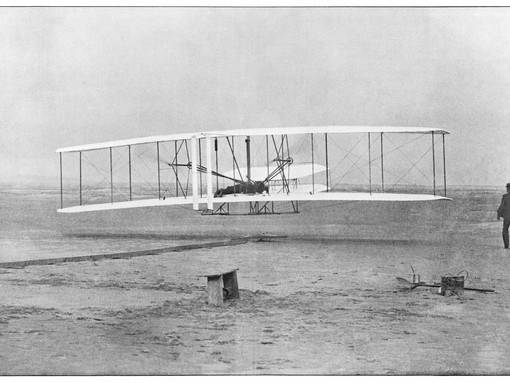
GKN aerospace announces sustainable flight programme
The programme is supported by the UK Research and Innovation’s Industry Strategy Challenge Fund (ISCF) and is a key part of £125 million Future Flight Challenge.
15 collaborators will also be involved in the project with the first phase aiming to advance electrification, unmanned commercial flight and sustainable aviation networks under three different branches. The programme is another reminder of the UK’s push in decarbonisation across multiple sectors.
Skybus is targeting the development of a large eVTOL (electric Verticle Take Off and Landing) vehicle capable of transporting 20-50 passengers. The aim of this is to stop congestion with on the ground transport vehicles such as cars, trains and buses, with reduced travel time at affordable fares. Partners on this branch include Swanson Aviation Consultancy, Pascall+Watson and the Connected Places Catapult.
Safe Flight will look at how to safely integrate unmanned and autonomous aircraft into existing air space. The project will aim to implement a range of cutting-edge technologies in real-world case demonstrations, with Bath University, 3UG Autonomous Systems and Callen Lenz also on board.
Finally, NAPKIN will primarily focus on the potential of electric aircraft for UK regional flights and will not only look at the technological challenges for flight but also implications for ground infrastructure, airline passengers and communities. This will be led by Heathrow Airport in partnership with GKN Aerospace, Rolls Royce, Highlands & Islands Airports, Deloitte, Cranfield Aerospace Solutions, London City Airport, Southampton University, University College London and Cranfield University.
Max Brown, VP Technology GKN Aerospace, stated:
“We are committed to a more sustainable future for aviation and our technologies will keep us at the forefront of this challenge. No one company can achieve this alone and these Future Flight Challenge programmes highlight the importance of collaboration in achieving this aim”
He continued:
“It is a great example of public-private collaboration as well as the importance of Government in supporting the aerospace industry, through it’s industrial strategy. We look forward to working together to deliver the next generation of sustainable air travel.”
Minister for Business, Paul Scully, added:
“We’re investing in ambitious projects to make flying more sustainable and ensure passengers have greater choice about how they travel. Pioneering research supported by government funding will help the UK build back greener from the pandemic, remain at the forefront of aerospace research and development, and provide global leadership in the next aviation revolution. I look forward to seeing such proposals take flight.”
Morson are the UK’s No.1 Aerospace recruiter and have hundreds of exciting aerospace opportunities globally, working on both piloted and remote aircraft.
Find your next role in aerospace and defence here -https://www.morson.com/jobs/aerospace-and-defence.
















